The United Kingdom - where seven of Formula 1's (current) teams are based - demands that all companies file annual financial reports by 30 September of the following year. Thus, the run-up to the Japanese Grand Prix's (now) traditional date of early October is a particularly fruitful period for paddock folk interested in F1's economics.
Whether coincidental or by design, the reporting period chimed perfectly with the revised 30 September deadline for finalising the maiden budget cup submissions, having been postponed from June 30. It is said the governing body requested a delay due to the workload entailed in working through the piles of unfamiliar paperwork demanded by the Financial Regulations, known euphemistically as the 'budget cap'.
Given that 2021 was the maiden season for the budget cap, this year marks the first audit period, the teams having been required to make full submissions to the FIA by 31 March. As an aside, nine teams did, with Williams pleading guilty to a procedural breach and fined for $25,000 for missing the deadline by a day.
Thus, this period is doubly rewarding for financial news - and more so given allegations about budget cap breaches by two teams, said to be Red Bull Racing and Aston Martin - given the financials provide the first opportunity of directly comparing team before-and-after spends. That said, 2020 was blighted by Covid and last year F1 was still recovering financially, so the 2022 editions will provide an even better picture.
The first major team to file its Companies House reports is Mercedes. The submissions make for extremely interesting reading despite (or because of) the impact of Covid - not least because turnover rose from £355m in 2020 to £383m a year later despite the cap imposing an approximate 50 percent cut in actual racing expenditure. That said, 2020 was challenging, so best to compare 2019's numbers, which reveal a turnover of £364m.
Cost of sales, though, dropped from £324m (2020) to £297m (2021), yielding a 2021 gross profit of £86m versus £30m for the previous period – a 250 percent increase. Crucially, marketing, administration, heritage car operations, team travel and other non-competitive expenditure are all excluded from $145m 2021 cap.
Turning a profit amid the budget cap
Let us examine this new-found profitability: In 2020 Mercedes GP yielded £30m off a turnover of £355m, so a gross return of 8.45 percent - not bad, certainly by comparison with its grid peers. Now, though, consider 2021's ROI: £86m off £383m, which equates to whopping 22.5 percent. True, these are gross margins (not net), but still, it's mighty impressive. For ease of reference a summary is included below.
How Mercedes finances changed from 2020 to 2021
| Mercedes Grand Prix Ltd Financials (£) | 2020 | 2021 | Change |
|---|---|---|---|
| Turnover | 355m | 383m | +8% |
| Cost of sales | 325m | 297m | -8% |
| Gross profit | 30m | 86m | +286% |
| Admin costs | 13m | 14m | +7% |
| Pre-tax profit | 17m | 72m | +423% |
| Headcount - Engineering | 906 | 831 | -8% |
| Headcount - Administration | 157 | 173 | +10% |
| Total | 1063 | 1004 | -6% |
Research not just in F1
As an aside, the effect of the pound's devaluation from 1 : 1.15 to parity with the U.S dollar will work in favour of British-based teams in future by way of a double-digit boost - prize monies and most sponsor revenues are dollar-based - but these economics do not affect the period under review.
Why, though, did Mercedes' turnover go well north when the intention of the cap is a southerly trend via a three-year glidepath, one reducing by $5m per annum for 2022/3 and likely to be further tightened? Simple: rather than retrench staff, many of whom are specialists with impeccable, long career histories, major teams diversified into engineering services, but book such personnel back to F1 projects on an 'as and when' basis.
Mercedes founded its so-called Applied Sciences division which, for example, consulted to sponsor INEOS's America’s Cup entry Britannia - technical lead is the F1 team's former Technical Director James Allison - while Red Bull's equivalent trades as Advanced Technologies and recently engineered the RB17 hypercar.
For its part, Ferrari chose to stick to its F1 competencies by creating a ring-fenced consultancy which engineers Haas' cars, is effectively the US team's design team, albeit based in Maranello offices which offer fine views across the Fiorano test track.
Mercedes' ownership model
What, then, do Mercedes's filings tell us other than upwardly mobile headline sales numbers and vastly improved profits?
For starters, the overall numbers suggest that with budget caps Formula 1 teams are now no longer the bottomless pits into which cash was shovelled by front-end loaders; indeed, precisely the opposite - F1 operations can (at last) be profitable entities. Should they fail, owners and/or managers have nowhere to hide.
"New Financial Regulations were introduced in 2021 which support F1 teams to achieve standalone financial sustainability," wrote Mercedes Motorsport CEO Toto Wolff in the latest Companies House submissions. "The regulations have required significant effort to restructure the organisation to ensure full compliance from 2021, and to continue to deliver maximum on-track performance."
Significantly, the Austrian added, "The positive impact from the implementation of the Financial Regulations can be seen in the reduction of the cost base in 2021."
The biggest internal change for Mercedes Grand Prix Ltd during 2021 was, of course, the de facto change in ownership structure, with each of three shareholders (Mercedes UK, Wolff’s Motorsport Invest entity and INEOS) holding a third of the shares in a transaction completed in February 2022. Thus, Mercedes UK reduced its holding from 60%.
However, so bullish is Mercedes Grand Prix Ltd about the future of F1 – and by extension its continued participation - that the shareholders approved the acquisition of the Brackley site previously known as Reynard Technical Centre under the auspices of Mercedes Grand Prix Estates Ltd for an indicative value of £30m.
Retrenchment and diversification of staff
Where teams previously had up to 900 engineers dedicated to making two cars faster than the opposition on two dozen occasions per year, the cap has reduced this complement to a per team average of 650. Thus, when Mercedes reports 830 engineers in 2021 - down from a previous 906 – around 180 were employed on non-F1 stuff. However, it is not that simple: Time is booked in/out, creating further complexities (and work).
In addition, workloads of F1 staff are logged to ensure they focus purely on the job in hand and don’t get side-tracked by administrative or HR functions. Where they do by necessity, such time is booked at cost. Wolff provided an example to RacingNews365 using the recruitment process for an engineer: "In the past [the line manager] would interview a candidate for hiring, then hand over all formalities to HR."
New hiring processes needed under cost cap
"Now [the manager] checks first whether [we] can afford him [within the cap], so links back to HR who link back to Finance. If they say yes, you can’t take the manager off his job for five days for interviews because that’s a quarter of the month that we're paying him to do F1 stuff. The process is slowed down so much that the ideal candidate may be gone…in these daily activities we are [constantly] fighting to meet the cap."
Still, Wolff believes that, "Ultimately it pays for itself if we look at our bottom line."
These additional controls forced Mercedes to expand support departments such as Finance and HR, resulting in a reported headcount 10 percent growth from 157 to 173 – but, crucially, being non-racing activities, such costs are excluded from the cost cap. The net effect is overall headcounts fell from 1063 to 1004, or five per cent - plus Mercedes gained its Applied Sciences division as a bonus – despite the growth in non-racing headcount.
There is, though, another factor: From 2021 F1 is governed by the first Concorde Agreement signed by the teams with Liberty Media, F1's commercial rights holder - the entity that disburses the sport's billion-dollar prize fund.
Under this 2021-2025 deal the top five teams receive lower percentages of the pot than before - losing out on so-called Constructors' Championship Bonuses, albeit partly compensated by a larger fund. This means that Mercedes' reduced cost of sales under the cap is (more than) covered by any reduced prize income (said to average -15 percent for the top five teams), but the sticky question is: What happens post-2025?
Liberty Media is a NASDAQ-listed entity, and its executives are fixated by the sport's FWONK/FWONA share price tickers. Indeed, a case could be made that every decision taken by modern-day F1 is aimed primarily at increasing shareholder value, with the sporting spectacle coming a poor second.
Thus, it is not inconceivable that - come the end of the current Concorde - Liberty negotiates the size of the prize pot downwards on the basis that all teams, whose two main revenues streams are prize monies and sponsor revenues, are substantially more profitable due to F1's increased popularity and reduced spend due to budget caps. More income and less outgoing equals a bonanza.
"Everybody's running a business," said Wolff when this scenario was put to him by RacingNews365. "Liberty runs a business, the teams run a business and this is the way it's [currently] split. [Concorde] has been agreed for a period of five years, and I have no doubt that in future conversations one is going to want more and the other is also going to want more. These are normal business tensions between companies."
That, though, is for the future. The teams are currently revelling in their new-found profitability even if it has created some administrative headaches. But, as Wolff said, that is a small price to pay.
Also interesting:
F1 Podcast: Should Perez’s Singapore penalty have been decided during the race?
RacingNews365.com F1 journalists Dieter Rencken and Michael Butterworth discuss the key topics from the Singapore Grand Prix, including whether Sergio Perez's punishment should have been decided during the race rather than after.
Don't miss out on any of the Formula 1 action thanks to this handy 2026 F1 calendar that can be easily loaded into your smartphone or PC.
Download the calenderMost read
In this article
F1 2022 Japanese Grand Prix RN365 News dossier
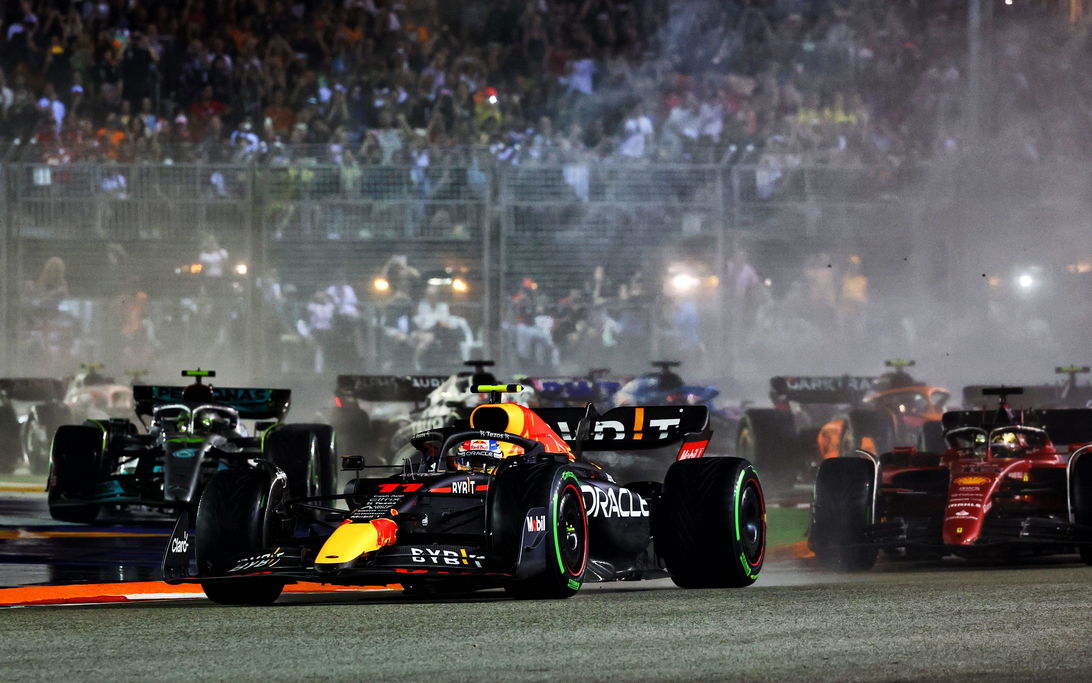
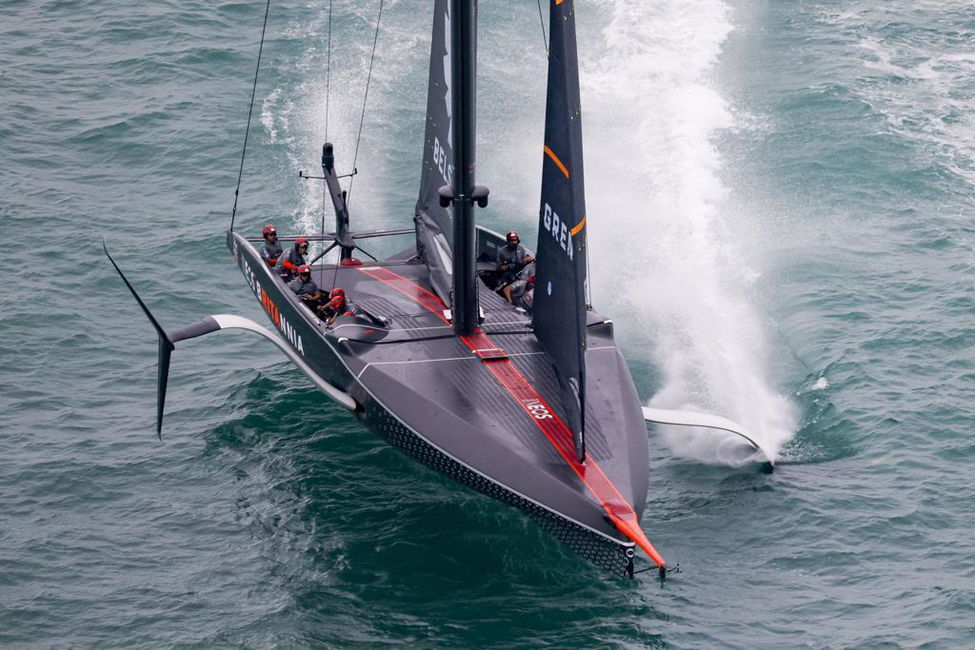
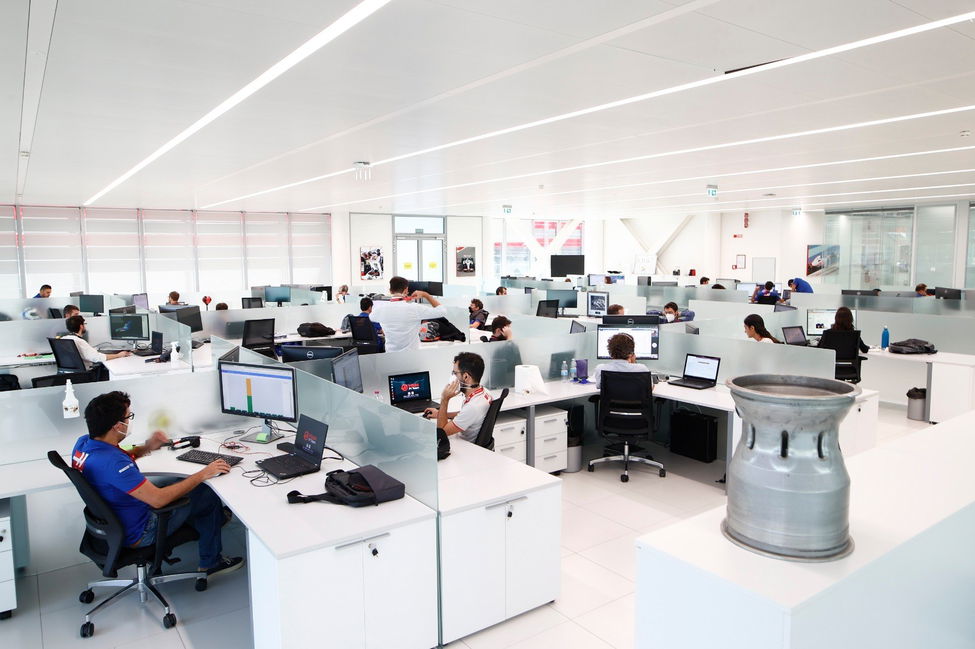
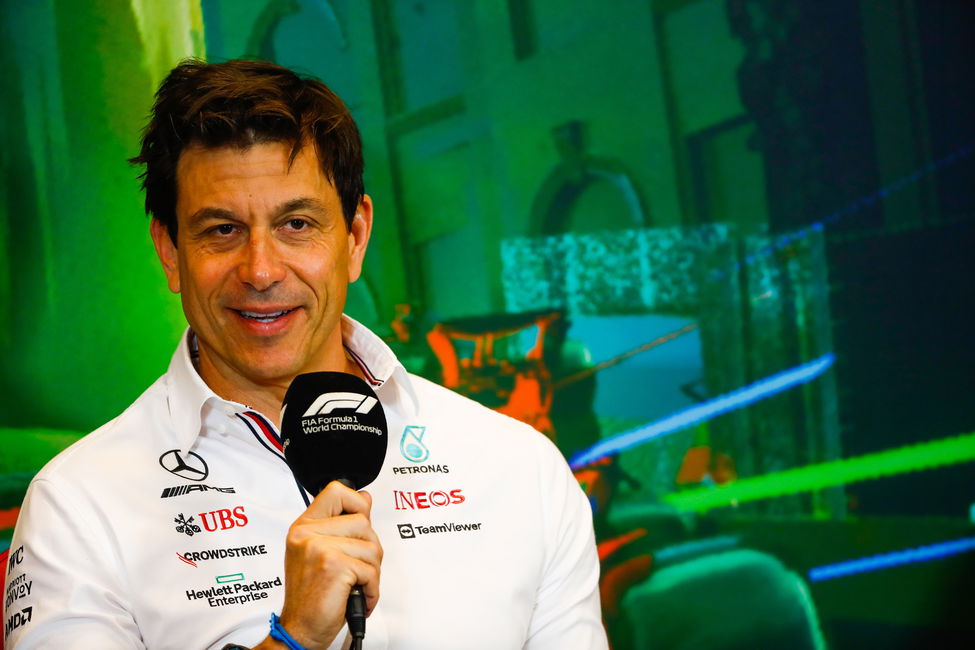


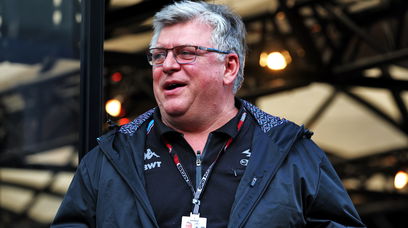
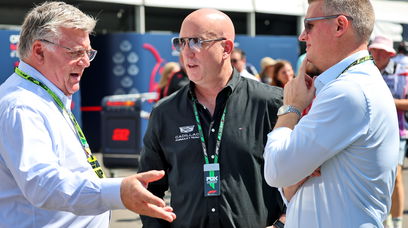
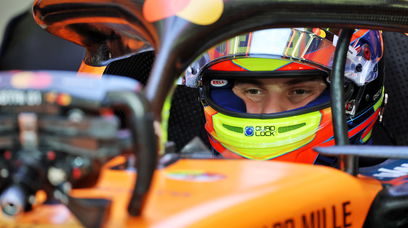
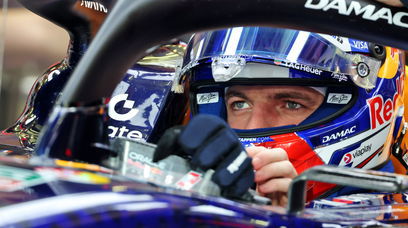
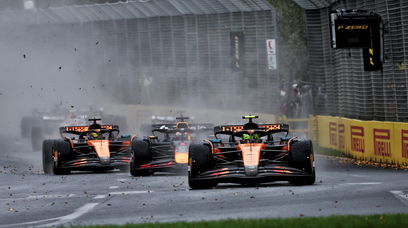
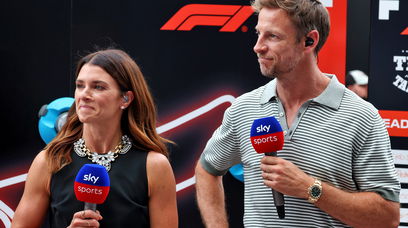
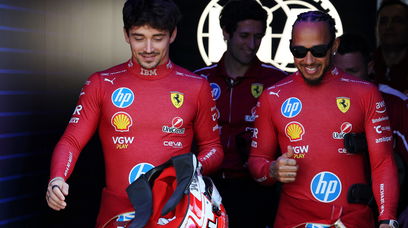
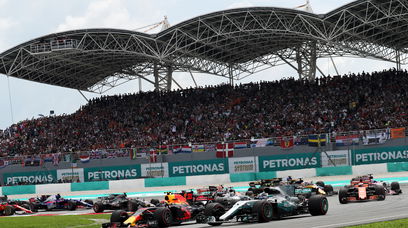
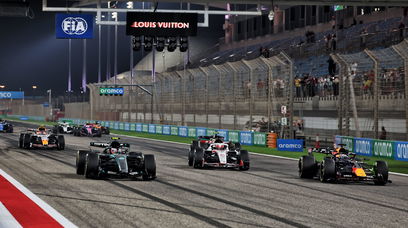
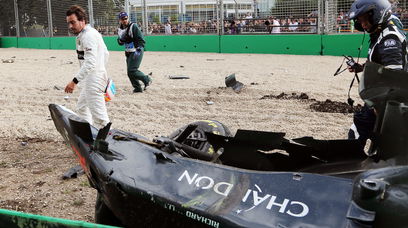
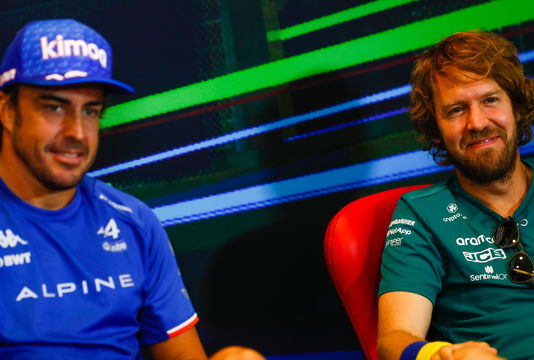




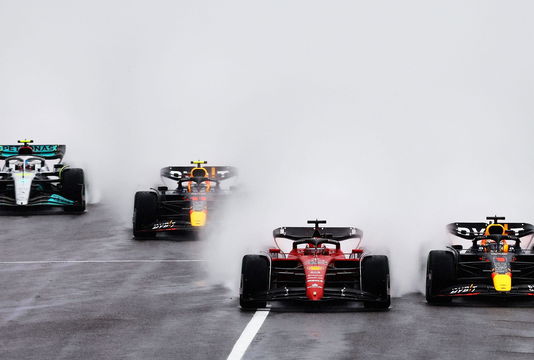
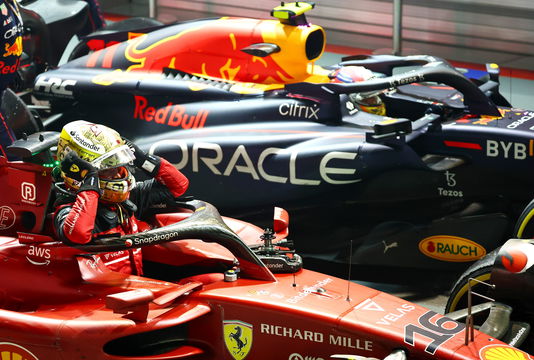

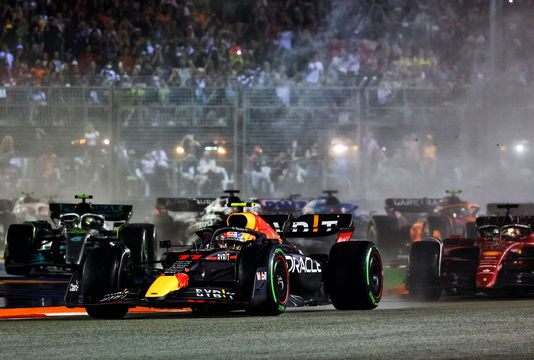

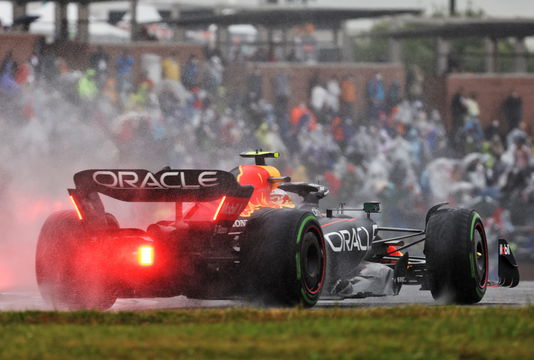

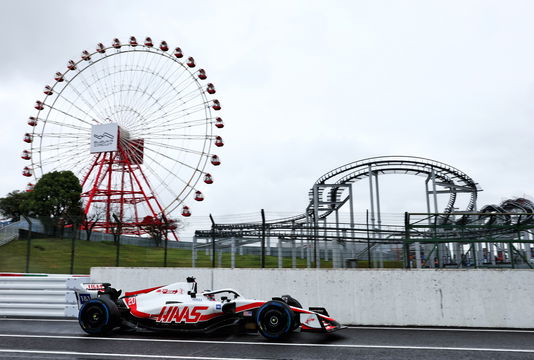
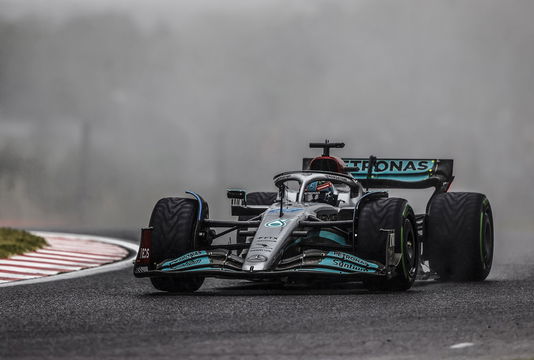
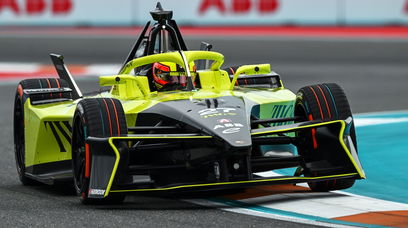

Join the conversation!